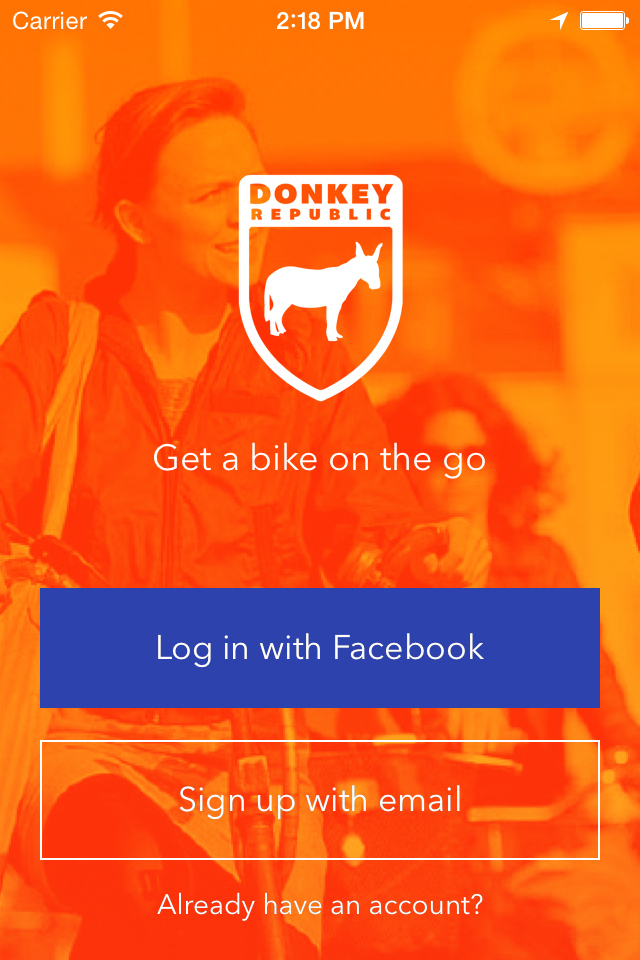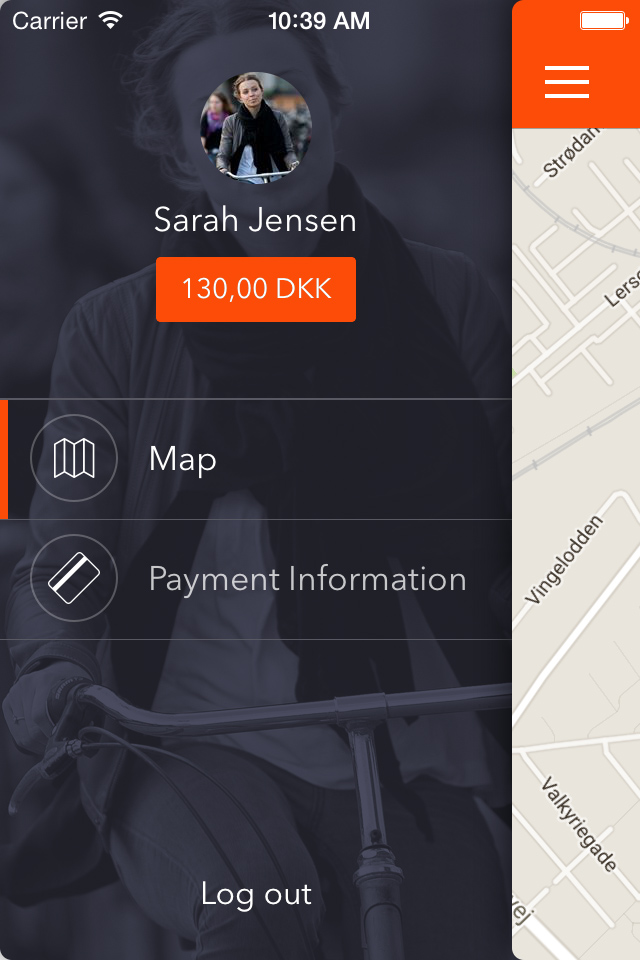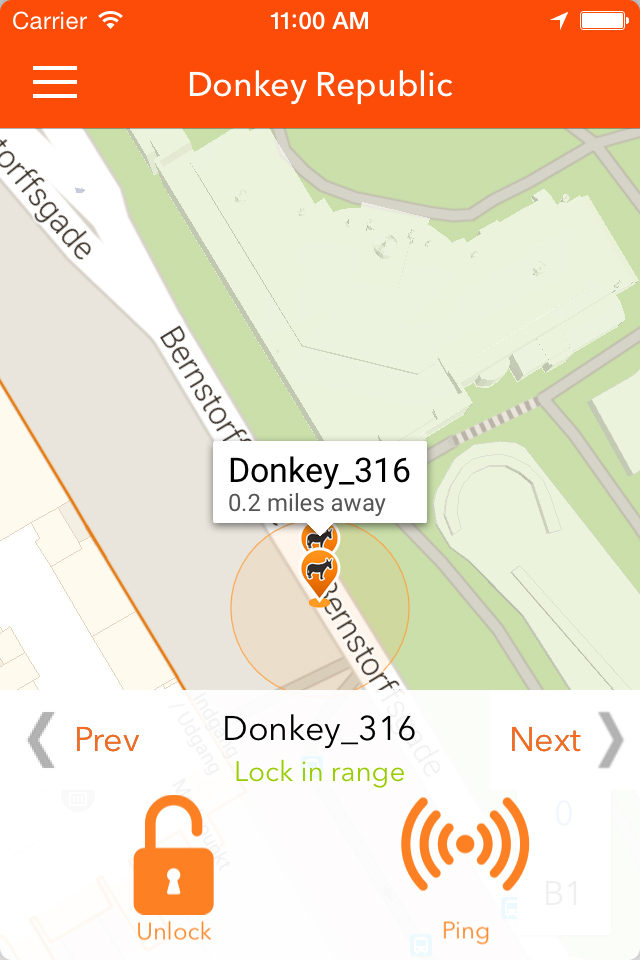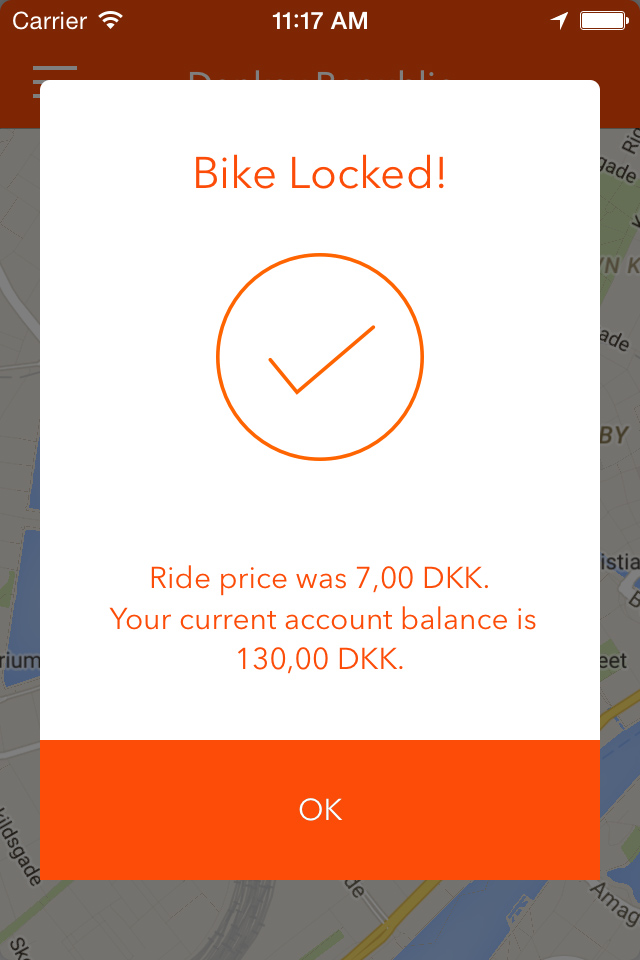An Airbnb-style bicycle rental platform has arrived, and it’s called AirDonkey. Other than the unfortunate name, AirDonkey is an all-around game changer, and is already rolling out with much success in Europe. As a bike owner, you can convert any personal bicycle into a rental for travelers, tourists, or locals to book and use. As a renter, the AirDonkey app lets you locate bikes available near you, so you can book, pay, and bike away in minutes.
Donkey Republic, the Copenhagen-based team behind AirDonkey, saw the range of benefits that a simplified bike-sharing system would make available. Their platform adopts the sharing economy system of other platforms like Airbnb and Uber, and has the added benefit of an eco-friendly product offering. Cities full of bicycles instead of cars would lower air pollution and harmful emissions, increase physical activity and exercise, and even contribute to the local economy and travel industries.
The most impressive part of the AirDonkey is the adaptable bike lock system, the Donkey Kit. The idea is that with this kit, any bike can be an AirDonkey, so unlike city-based bicycle rental systems like Citibike in New York or Capital Bikeshare in Washington, DC, any personally owned bicycle can become a part of the bike-sharing platform. The Donkey Kit mounts onto the back wheel of your bicycle, and is designed to protect against theft, rain, and frost with a battery that should last for up to a year before requiring replacement.
Bike owners set the prices for rentals on their own bikes, but the people behind Donkey Republic suggest about 10 euros a day, which works out to about $11. If a renter wants to use the Donkey bike for himself, it’s as simple as making the bike unavailable in the system for any period of time. The company keeps 20% of rental fees, which gives renters access to the full support of Donkey Republic’s customer service and marketing teams, as well as full access to the platform and all its users. For renters, the AirDonkey mobile app helps locate a nearby bicycle and unlocks the one bike specified for rental. When you’re done with the bike at the end of the rental period, users only need to leave the bike within the assigned drop-off zone and lock the Donkey system. It doesn’t really get much easier than that.
The AirDonkey kit costs $90 for backers, and with an added bike chain it will run $115 during the Kickstarter campaign. The Donkey Republic team promises the highest level of encryption and safety in their system, with a symmetric SSL handshake between the AirDonkey server and the Donkey lock, so personal data from renters and bike-owners is always kept secure.
In addition to the personal bicycles transformed for the platform with a Donkey Kit, Donkey Republic has also put out its own bikes for use on the platform. Users can buy fully equipped Donkey Republic bicycles instead of transforming their own, and the AirDonkey team encourages bicycle entrepreneurs to form fleets of bikes and use the system to its fullest capacity. During a soft launch over the summer, AirDonkey has already served more than 300 paying users in Copenhagen. With over 10,000 trips logged to AirDonkey so far, Donkey Republic may be just what the more eco-conscious, bike-happy proponents of the sharing economy are waiting for.






